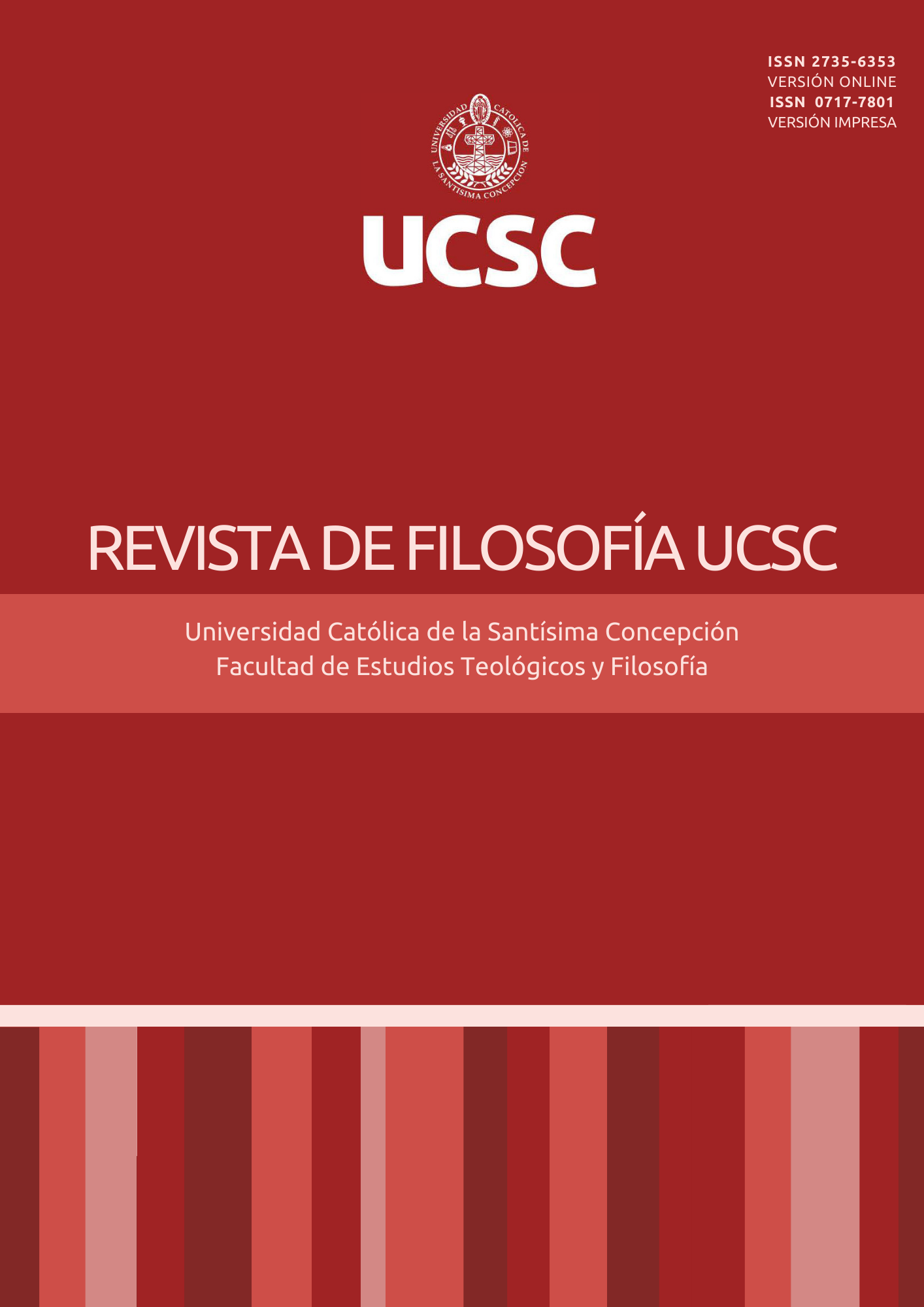The prophet and the theologian: religious immanence and theological transcendence in Spinoza's thought.
Main Article Content
Abstract
The reading that Spinoza has received has varied according to the time and the interests of his interpreters. Some readings, such as those of his contemporaries, have found in him a source of radical atheism, while romanticism will call him “the drunkard of God”. These interpretations also allow judgments to be made about revealed religions, that is, about positive religions such as Christianity, Judaism or Islam. A classical reading of Spinoza has totally denigrated religion. In this article, however, I propose to show that this interpretation is mistaken, for Spinoza understands religion as an imaginative worldview that allows, through affections, tradition and obedience, the cohesion of the community. Theology, distinct from religion, will be Spinoza's true adversary. In order to comply with the above, the two figures that express each social field will be analyzed: the prophet and the theologian. The hypothesis is that the prophet expresses a relationship of immanence before his community, while the theologian is established on the basis of a transcendent representation, executing a political dominion of servitude and superstition over his faithful.
Downloads
Metrics
Article Details

This work is licensed under a Creative Commons Attribution-NonCommercial 4.0 International License.
The Revista de Filosofía UCSC is an open access journal and does not charge for publication. In addition, it regulates its Copyright and access policy according to the Creative Commons Attribution-NonCommercial 4.0 International Public License (CC BY-NC 4.0), therefore sharing (reproducing and distributing the material in any medium or format) and adaptation (modifying, transforming, and creating from the material) is allowed as long as proper credit is given and the citation is included with the corresponding data. Moreover, it is not allowed to use the material for commercial purposes.
References
Allison, H. (1987). Spinoza: an introduction. Yale University Ed.
Ayala, A. (2018). El pensamiento económico-estético de Spinoza para pensar la comunidad (Tesis doctoral). Pontificia Universidad Católica de Valparaíso.
Ayala, A. (2021). The ingenium of a People, Common Language and Imagination in the philosophical Thought of Baruch Spinoza. Philosophy International Journal, Vol. 4(2), 1-6.
Balibar, E. (2009) De la individualidad a la transindividualidad. Encuentro.
Bodei, R. (1995). Geometría de las pasiones. Miedo, esperanza, felicidad: filosofía y uso político. Fondo de Cultura Económica.
Bouyer, L. (1990) Diccionario de teología. Herder.
Cápona, D. (2021). No hay medio más eficaz para gobernar a la masa que la superstición. La política de la superstición en Spinoza. Las Torres de Lucca. 10(18), pp. 247-275.
Chaui, M. (2003). Política en Spinoza. Gorla.
Concilio Ecuménico Vaticano II (18 de noviembre, 1965), Constitución dogmática Dei Verbum sobre la divina revelación, 6.
De Aquino, T. (2001). Suma de Teología. Biblioteca de autores cristianos.
Domínguez, A. (1975) Contribución a la antropología de Spinoza. El hombre como ser imaginativo. Logos. Anales del Seminario de Metafísica, 10, 63-90.
Fernández, E. (1996) Articulación crítica de ontología y política en B. Spinoza (Madrid). Revista de Filosofía. 9(15), 97-126.
Gilson, E. (1976). La filosofía en la Edad Media. Gredos.
Hamilton, J. (2020). ¿Qué es la teología bíblica? Monte Alto.
Hoyos Sánchez, I. (2015) Naturalismo antropológico y religión natural en Spinoza. Gazeta de Antropología, 31(2), pp. 1-11, DOI: 10.30827/Digibug.36834.
Kaminsky, G. (1990) Spinoza: la política de las pasiones. Gedisa.
Kenny, A. (2001) The God of the philosophers. Oxford University Press.
Lagrée, J. (2007). Los afectos religiosos y el amor a la verdad. En Fernandez, E & Cámara, M (coord) El gobierno de los afectos en Baruj Spinoza (pp. 297-312) Trotta.
Maimónides. (1998). Guía de perplejos. Trotta.
Morfino, V. (2010). Relación y contingencia. Encuentro.
Moureau, P. (2021). Spinoza: filosofía, física y ateísmo. Machado.
Negri, T. (2011). Commonwealth: el proyecto de una revolución del común. Akal.
Spinoza, B. (2009). Ética demostrada según el orden geométrico. Trotta.
Spinoza, B. (1994). Tratado Teológico-Político. Altaya.




